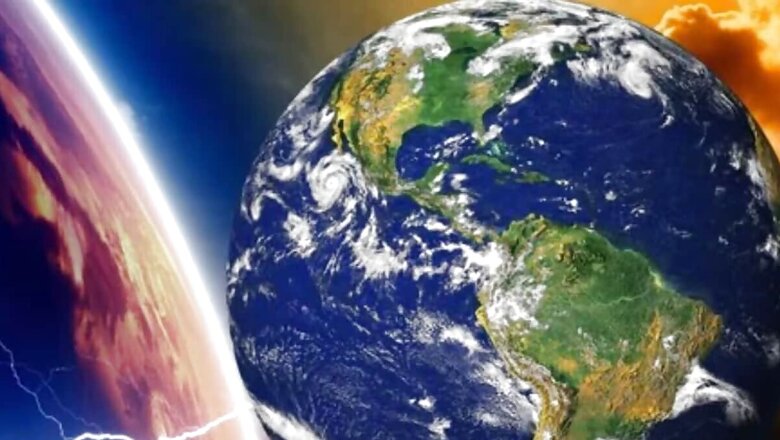
views
In the past several years, there has been a constant debate regarding the missing noble gas Xenon from the earth’s atmosphere; however, scientists still seem clueless regarding its whereabouts. Multiple studies have surfaced on the internet, suggesting that noble gas has actually not disappeared but is much less than expected. This begins with multiple studies on meteorites that have been impacting Earth over the years.
They brought along a mystery regarding Earth’s atmosphere missing larger amounts of Xenon gas. Meteorites that are older than the solar system and even Earth can be used to gain insights into the makeup of the solar system in the distant past, including the proportions of different gases. Among all the findings, scientists discovered that there is substantially less Xenon in the atmosphere than there should be, around ten percent of what there should be.
Notably, Xenon is one of the noble gases that are known for not being very reactive. However, the question arises of where did the Xenon go. Well, there is no certain answer to this, there are a lot of theories. One of them comes from a 2019 paper theory that states that xenon has the potential to form compounds with other elements if under extreme pressure.
“Xenon is one of a family of seven elements called the noble gases, some of which, such as helium and neon, are household names. Their name comes from a kind of chemical aloofness; they normally do not combine, or react, with other elements,” stated Elissaios Stavrou, lead author of a 2018 paper that investigates the missing Xenon.
Another theory suggests that the disappearance of xenon might be due to a process called ‘degassing’. This is when the atmosphere ‘leaks’ into space after the Earth is struck by meteorites, leaving the atmosphere in an unsettling state.
However, this particularly doesn’t explain the disappearance of the noble gas.
Xenon might be at Earth’s core
Mostly chemically inert, an old story revealed that the missing noble gas might be resting at the earth’s core. According to Yanming Ma, a computational physicist at Jilin University in Changchun, China, the earth’s core may hold the missing xenon, further reasoning that if the structures of iron-xenon compounds are different, they could form a compound.
It was thus suggested that the extreme temperatures and pressures found in the earth’s core could have caused xenon to bond with iron and nickel.



















Comments
0 comment